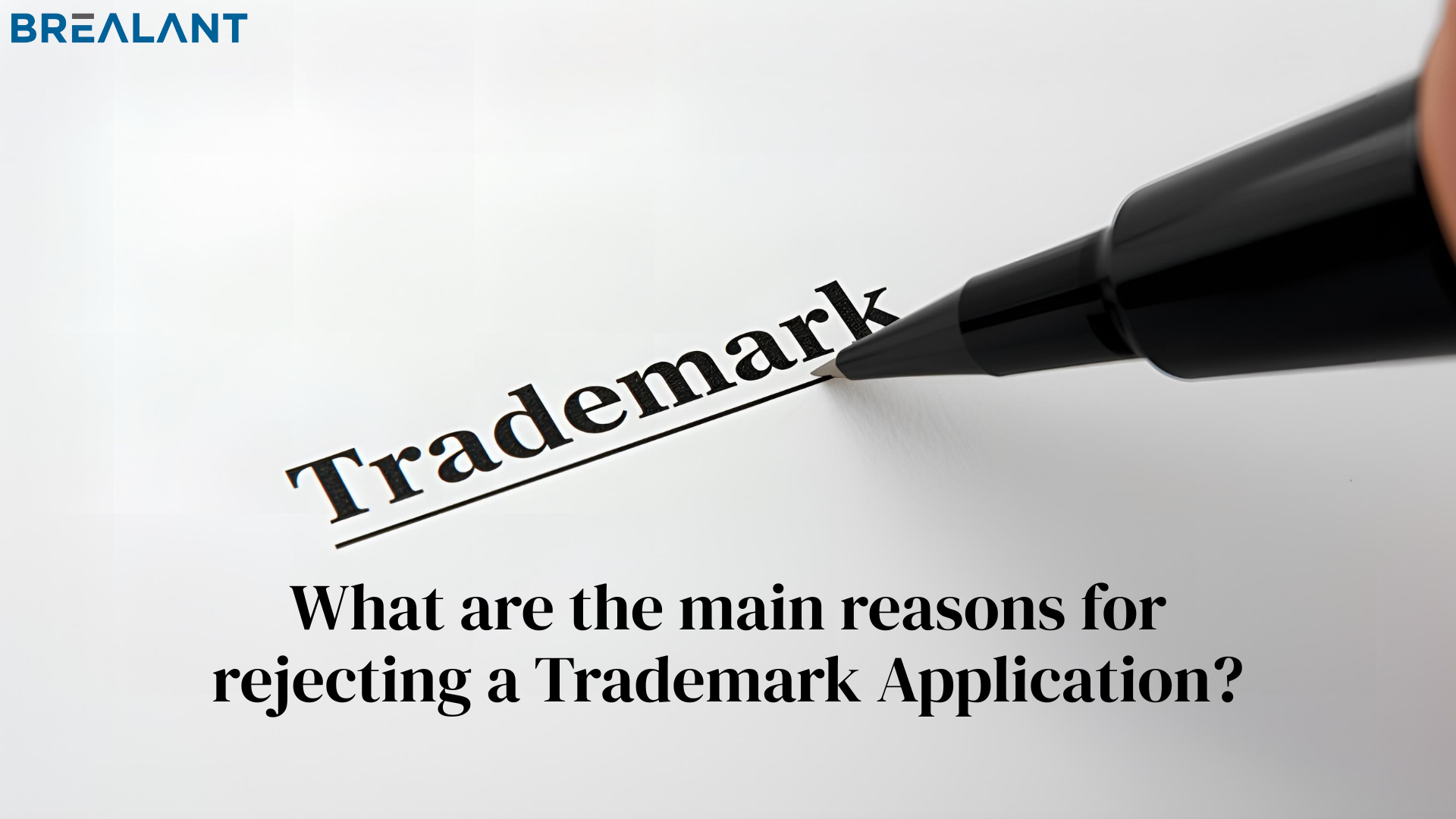Many business owners are surprised to learn that most trademark applications filed with the Intellectual Property Office of the Philippines (IPOPHL) don’t get approved right away. In fact, it’s common for applicants to receive what’s called an Office Action — a notice from the examiner pointing out problems with the application.
These issues usually fall into two main groups:
- Non-Substantive Issues – minor corrections or clarifications.
- Substantive Refusals – legal reasons why a trademark cannot be registered.
Non-Substantive Issues
Non-substantive concerns are generally easy to fix and don’t usually mean the trademark itself is unregistrable. They’re more like housekeeping matters. Some examples include:
- Making the list of goods and services more specific.
- Providing the translation of a foreign word in the mark.
- Describing a logo or stylized design so IPOPHL can record it properly.
Responding to these requests is straightforward, and once corrected, the application can move forward.
Substantive Refusals
Substantive refusals are more serious. They go to the heart of whether a mark can legally qualify for protection. Overcoming these refusals often requires legal arguments, supporting evidence, or even appeals.
The most common reasons include:
- Likelihood of Confusion
- If your trademark looks or sounds too much like an existing one, and both cover related goods or services, IPOPHL will likely reject it.
- Example: In the case of McDonald’s Corporation v. L.C. Big Mak Burger, Inc. (G.R. No. 143993, Aug. 18, 2004), the Supreme Court ruled that “Big Mak” was confusingly similar to McDonald’s “Big Mac.” As a result, the local company was barred from registering and using the mark.
- Descriptive Marks
- Marks that simply describe a product’s features or qualities cannot be registered. For instance, “Sweet Mango” for mango products would likely be refused because it merely describes the product.
- Generic Terms
- Words that are the everyday name of a product or service, like “Rice” for rice, can’t serve as trademarks.
- Marks that Don’t Function as Trademarks
- Common phrases or slogans that people see as general information — such as “Best Quality” — cannot function as a trademark because they don’t indicate a unique source.
What to Do After a Refusal
If your application faces a substantive refusal, you’re not at the end of the road. You can:
- Submit arguments or amendments to address the examiner’s concerns.
- Appeal the refusal within IPOPHL, and if needed, bring the matter to higher courts such as the Court of Appeals or even the Supreme Court.
In some cases, applicants have succeeded by showing that their mark has acquired distinctiveness through years of exclusive and consistent use in the market.
✅ Tip for Applicants: While Filipino residents may file their own applications, many refusals happen because of small but costly mistakes. Working with a professional IP agent — such as Brealant, Federis, or Hechanova — can improve your chances of success and save time in the long run.

